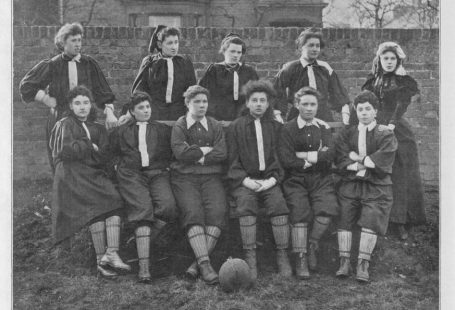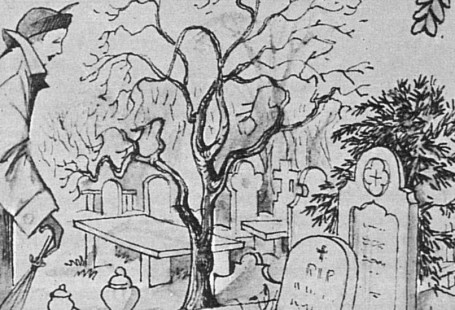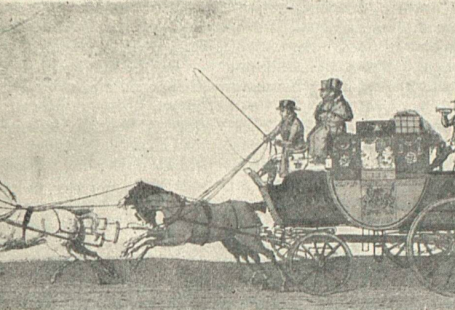In this week’s episode of Who Do You Think We Are?, we found out about Cheryl’s four times great-grandfather, John Wood Laing, who was born in Newcastle towards the end of the Industrial Revolution. At the age of 19, he became a mariner’s apprentice and, ten years into his career, became a master, or captain. Since Newcastle was a shipbuilding hub at the time, it was not surprising to discover that there was a branch of mariners in Cheryl’s family tree.
As a lot of newspapers, including some specialised titles, included shipping intelligence, you can follow the movements of ships through reports of arrivals and departures (also called ‘sailings’). When within hailing distance of each other, the captains of passing ships would simply shout the name of their vessel, their port of departure, and their destination to each other as they passed. This form of communication was known as ‘speakings’, and were logged by the captains. Such communications were later reported in newspapers, such as Lloyd’s List. Casualties and lost ships were also covered, as Cheryl discovered when she searched on The British Newspaper Archive for the La Belle, the ship under the command of John Wood Laing.

The Great War
In the second half of the episode, we discover that Cheryl’s great-grandfather, Joseph Wilson Ridley, served as a pioneer on the Western Front during the Great War, before marching south to dig and fight in the Battle of the Somme. Pioneers were tasked with the heavy labour of digging trenches as well as building roads, railways, and bridges. Cheryl’s great-grandfather, along with the 11th Battalion, had to face the nightmare of digging out advanced trenches during the Battle of the Somme, which would let British troops advance their front line.
The Christmas Truce
It was said that the Great War would be ‘over by Christmas’, but as December 1914 approached, it became clear that this would not be the case. This left many unexpectedly celebrating Christmas without their family.
Some small truces between soldiers on the Front occurred over the Christmas of 1914 (although, not the legendary organised football match between British and German soldiers). However, these were highly discouraged, and there were warnings that anyone found to have initiated one of these truces would be subject to Court Martial. Letters that arrived home telling of the Christmas truce were shared through newspapers in January of 1915.



There would be no such truce the following year.

Delving into the stories of the past can remind us of how different our present circumstances are.




